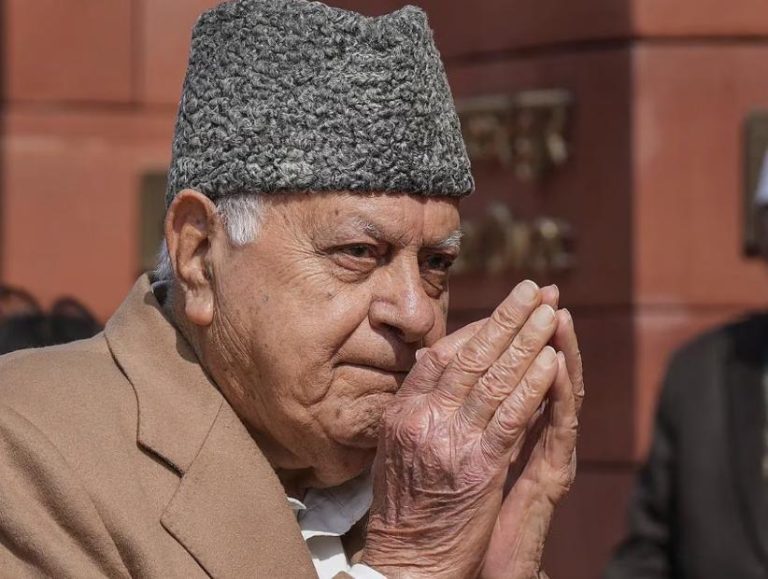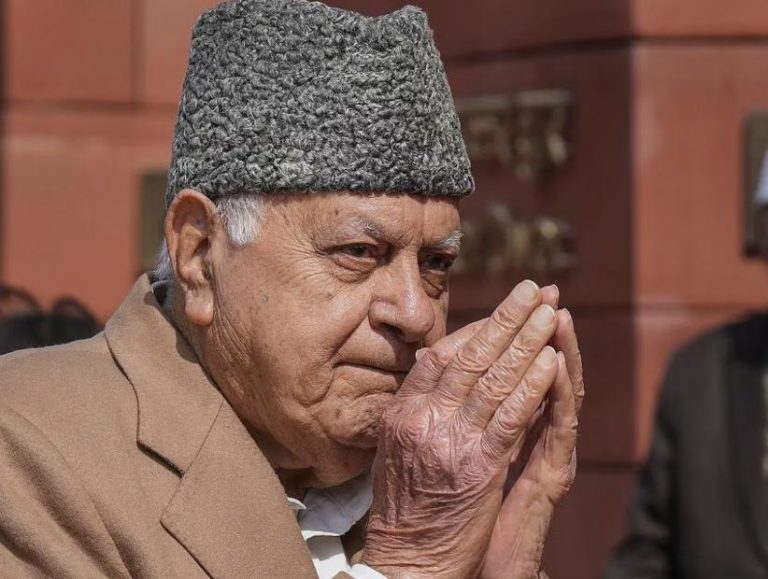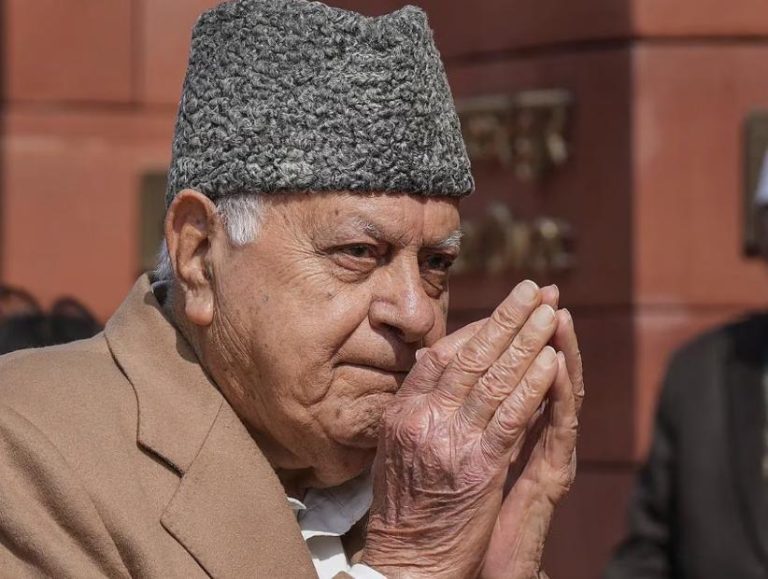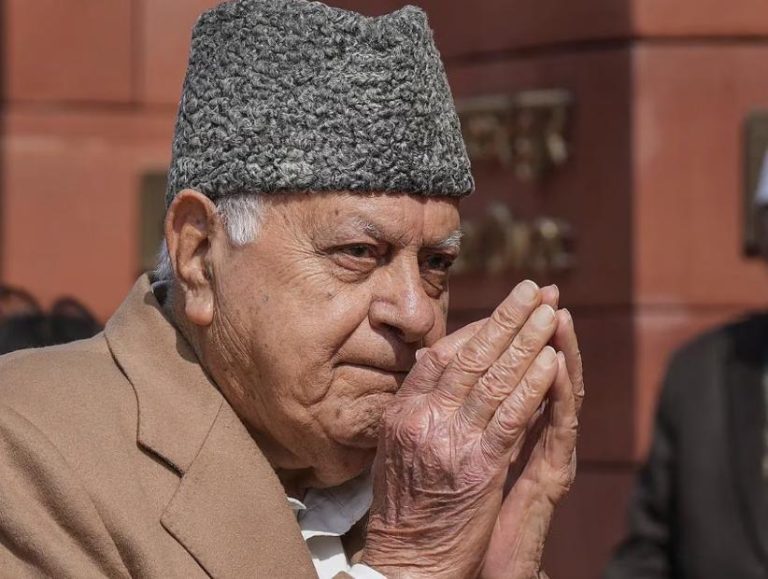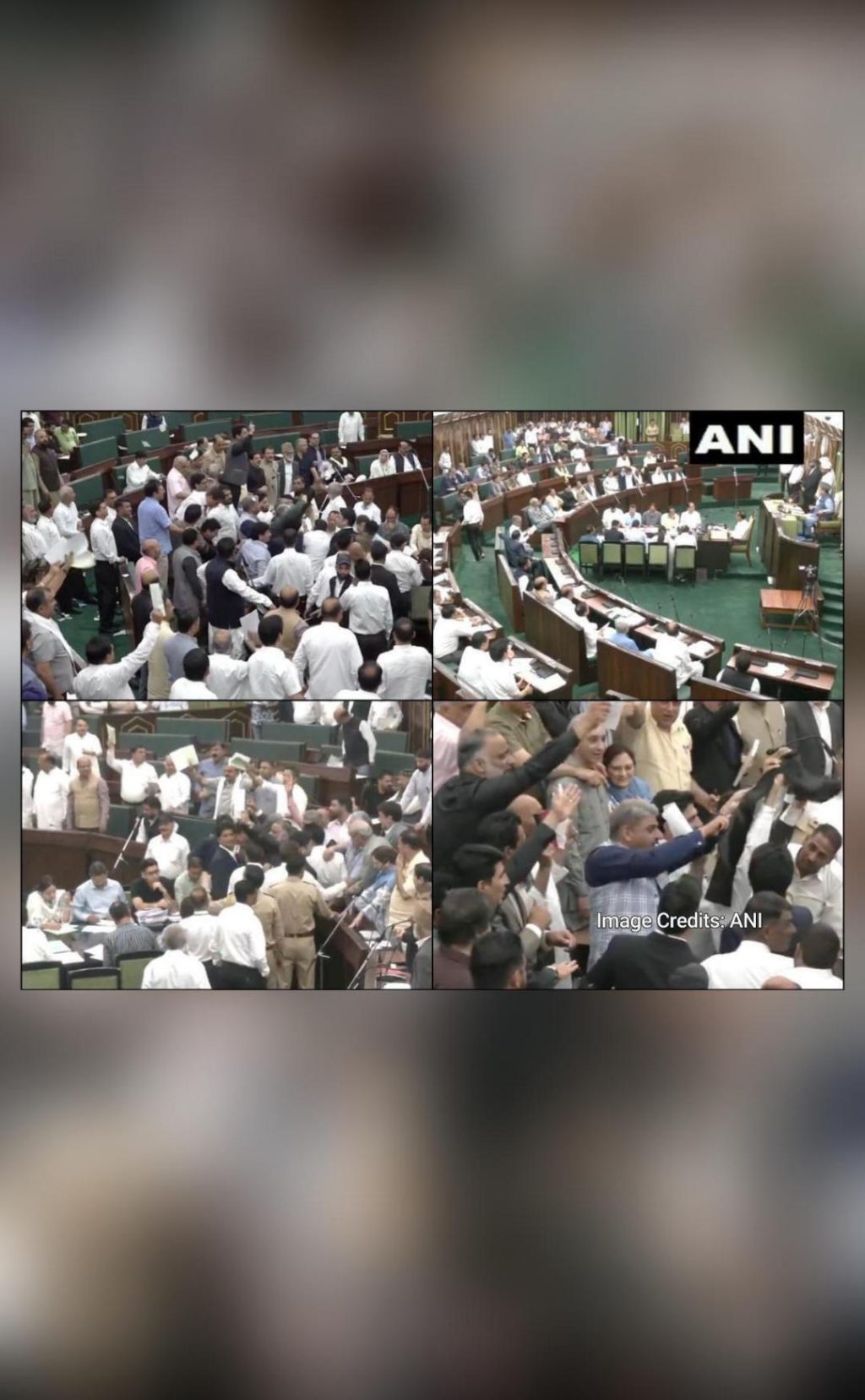
Jammu & Kashmir Assembly adjourned amid uproar over Waqf Act
The Jammu and Kashmir Assembly on Monday witnessed a massive uproar after Speaker Abdul Rahim Rather denied an adjournment motion on the Waqf Act, following which the House was adjourned. National Conference MLAs had moved a motion to adjourn the Question Hour to discuss the Waqf Act. However, the BJP also protested and demanded that the Question Hour be held.
The chaos erupted when National Conference MLA, Akbar Lone, moved the adjournment motion, citing the need to discuss the Waqf Act, which was passed by the government recently. The Act aims to regulate and manage the affairs of the Waqf properties, which are considered sacred and owned by the Muslims in the state.
However, the BJP members, who are in power, vehemently opposed the motion, stating that the Question Hour should not be adjourned and instead, the debate on the Waqf Act should be held within the scheduled time. The BJP members claimed that the National Conference was trying to stall the proceedings of the House and divert attention from the important issues.
The situation became more intense when the Speaker denied the adjournment motion, following which the National Conference members staged a walkout from the House. The BJP members also protested and demanded that the Speaker reconsider his decision.
The Waqf Act has been a contentious issue in the region, with many opposing the government’s decision to regulate and manage the Waqf properties. The Act has been seen as an attempt by the government to exert control over the religious institutions and properties, which has sparked widespread protests and criticism from various quarters.
The Jammu and Kashmir High Court has also intervened in the matter, issuing a stay on the implementation of the Waqf Act. The Court has sought the response of the government on the petition filed by a group of Muslim clerics and scholars who are opposing the Act.
The controversy surrounding the Waqf Act has also led to a sharp divide between the different political parties in the state. While the National Conference and other opposition parties are supporting the protesters and demanding the withdrawal of the Act, the BJP and the ruling coalition are defending the government’s decision and claiming that the Act is necessary to ensure transparency and accountability in the management of the Waqf properties.
The Jammu and Kashmir Assembly has been adjourned several times in the past due to protests and controversies. However, the recent adjournment over the Waqf Act has sparked a fresh wave of political unrest in the state.
The situation is likely to continue to remain tense in the coming days, with the opposition parties vowing to continue their protests and demand the withdrawal of the Waqf Act. The government, on the other hand, is likely to stick to its decision and try to implement the Act despite the opposition.
The controversy surrounding the Waqf Act has far-reaching implications for the state and its people. The Act has the potential to impact the management and maintenance of the Waqf properties, which are considered sacred and are an integral part of the state’s religious and cultural heritage.
The government’s decision to regulate and manage the Waqf properties has been seen as an attempt to exert control over the religious institutions and properties, which has sparked widespread protests and criticism from various quarters. The controversy has also led to a sharp divide between the different political parties in the state, with the opposition parties demanding the withdrawal of the Act and the ruling coalition defending the government’s decision.
In conclusion, the Jammu and Kashmir Assembly adjournment over the Waqf Act has sparked a fresh wave of political unrest in the state. The Act has the potential to impact the management and maintenance of the Waqf properties, which are considered sacred and are an integral part of the state’s religious and cultural heritage. The government’s decision to regulate and manage the Waqf properties has been seen as an attempt to exert control over the religious institutions and properties, which has sparked widespread protests and criticism from various quarters.
